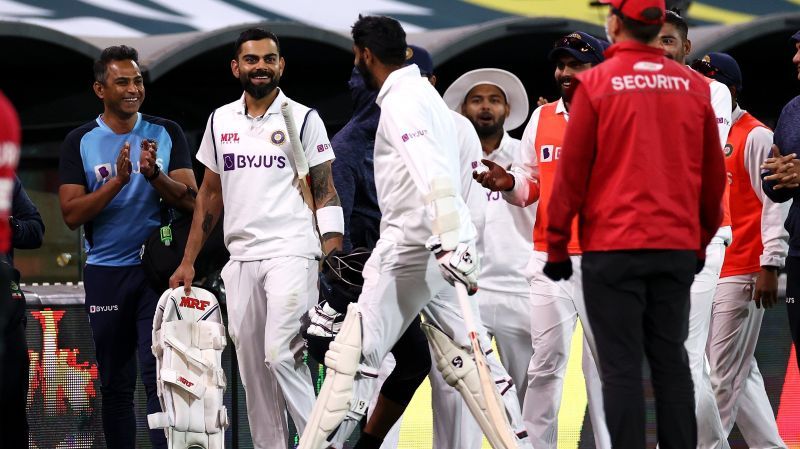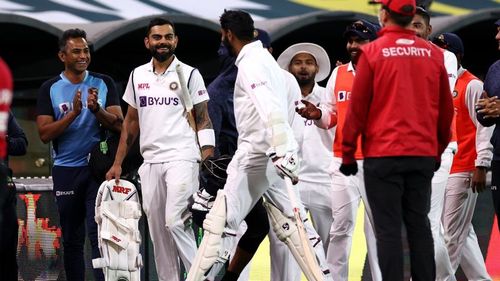
IND v AUS 2020: What is a nightwatchman in cricket?

The Indian cricket team took a 53-run lead in the first innings of the day-night Test match against Australia at Adelaide. Only a few overs remained on Day 2 of play when young Prithvi Shaw and Mayank Agarwal came out to bat for India.
Unfortunately, Shaw was bowled by pacer Pat Cummins, forcing India to send their bowling spearhead, Jasprit Bumrah as the nightwatchman. Bumrah did a commendable job with the bat and ensured the Indian team did not lose another wicket before stumps on Day 2.
What is a nightwatchman?
In Test cricket, a nightwatchman is typically a lower-order batsman who comes in to bat much higher up the order than usual, towards the end of the day's play. The job of a nightwatchman is to maintain the majority of the strike until the close of play and preventing the more proficient batsmen from getting out cheaply.
The concept was introduced by captains as there is usually a period of tiredness and poor light towards the end of the day's play. Early-morning conditions on the next day also favour the bowlers and losing a nightwatchman's wicket doesn't hurt the team as much as a top-order collapse.
Essentially, the theory is - losing two top-order batsmen in quick succession would be worse than losing one top-order batsman and one tailender.
Who becomes a night watchman?
The role of nightwatchman is generally given to players who prefer a defensive technique over quick run-scoring. Generally speaking, a nightwatchman plays conservatively on the night, but may be allowed a free role to score runs the next day.
A nightwatchman shouldn't be confused with a pinch hitter. The latter is a middle or lower-order batsman who is promoted up the order in limited-overs games, when their team is looking for quick runs without worrying about the loss of a wicket.